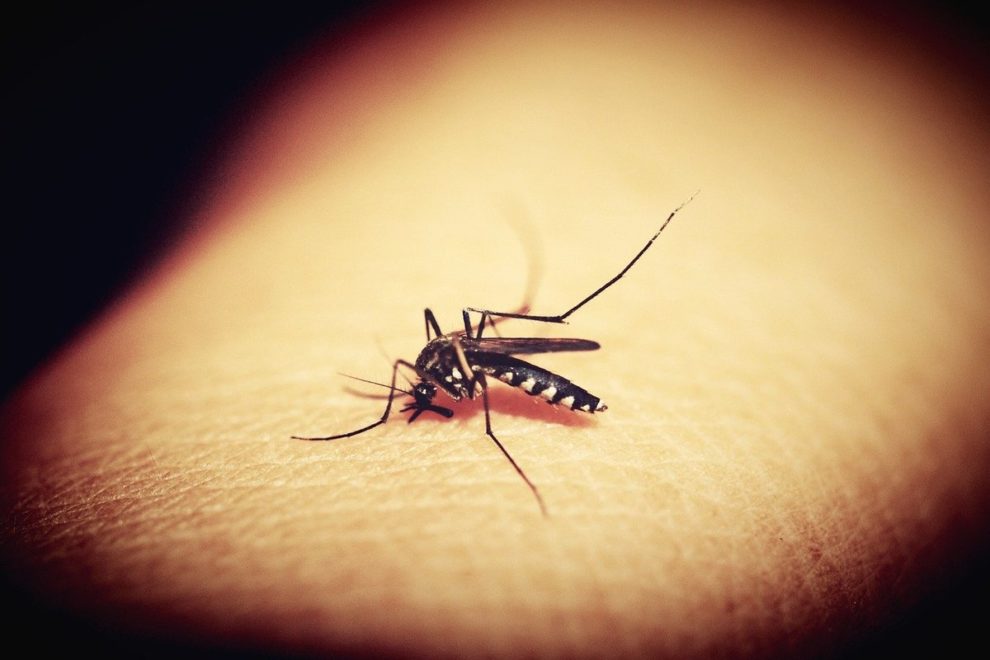Rising global temperatures are projected to push dengue, a mosquito-borne disease that claims thousands of lives annually, into previously unaffected regions such as the US and Europe. A scientist from the World Health Organization (WHO) has issued a call to health authorities to begin preparations for combating the disease.
Statistics indicate that approximately 20,000 individuals succumb to dengue fever each year, with the majority of fatalities occurring in Asia and South America. The disease has a fatality rate of one death per 100 patients.
In 2023, up until October, there have been reports of over 4.2 million cases and more than 3,000 dengue-related deaths in 79 countries and territories worldwide, according to data from the European Centre for Disease Prevention and Control. The countries with the highest case counts include India, Brazil, Peru, Bangladesh, Bolivia, Argentina, Mexico, the Philippines, Nicaragua, and Colombia.
Sir Jeremy Farrar, chief scientist at the WHO, notes that rising temperatures are enabling mosquitoes, carriers of the disease, to penetrate further into the US, Europe, and even new regions in Africa, as reported by Daily Mail. While approximately 1,200 cases are recorded annually in the US, nearly 600 of them are locally-acquired infections. Concerns have arisen after California reported its first locally-acquired infection in a decade just last month.
Experts caution that dengue fever could become established in the US if infected mosquitoes from Mexico manage to migrate further northward.
“Dengue, which is classically a South American, South East Asian disease and is hyperendemic in those countries (has) spread North, you’re now seeing transmission in the Mediterranean,” said Professor Sir Peter Horby, director of the Pandemic Sciences Institute at Oxford University.
According to experts, if infected travelers are bitten by local mosquitoes, they can introduce the virus, which then infects the mosquitoes and leads to the transmission of the disease to other people, as stated in the report. Farrar urged health authorities to commence preparations.
Back in April, the WHO issued a warning that climate change could result in a global surge of mosquito-borne diseases like dengue, Zika, and Chikungunya. Infections caused by arboviruses, including dengue, Zika, and Chikungunya, have seen a significant increase worldwide in recent decades. The agency reported that roughly half of the world’s population is now susceptible to dengue, with an estimated 100-400 million infections occurring each year.
“We are really at the right time to scale up the advocacy for the threat of arboviruses globally,” said Dr Raman Velayudhan, Unit Head, Global Programme on Control of Neglected Tropical Diseases at WHO.
Velayudhan pointed out that the ongoing expansion of vectors into new regions is primarily attributed to the movement of people, urbanization, and related challenges in water and sanitation.
“And in terms of climatic change, certainly increased precipitation, higher temperature, higher humidity all favours the mosquito,” he said, adding “the virus and the vectors also multiply faster in higher temperature.”
